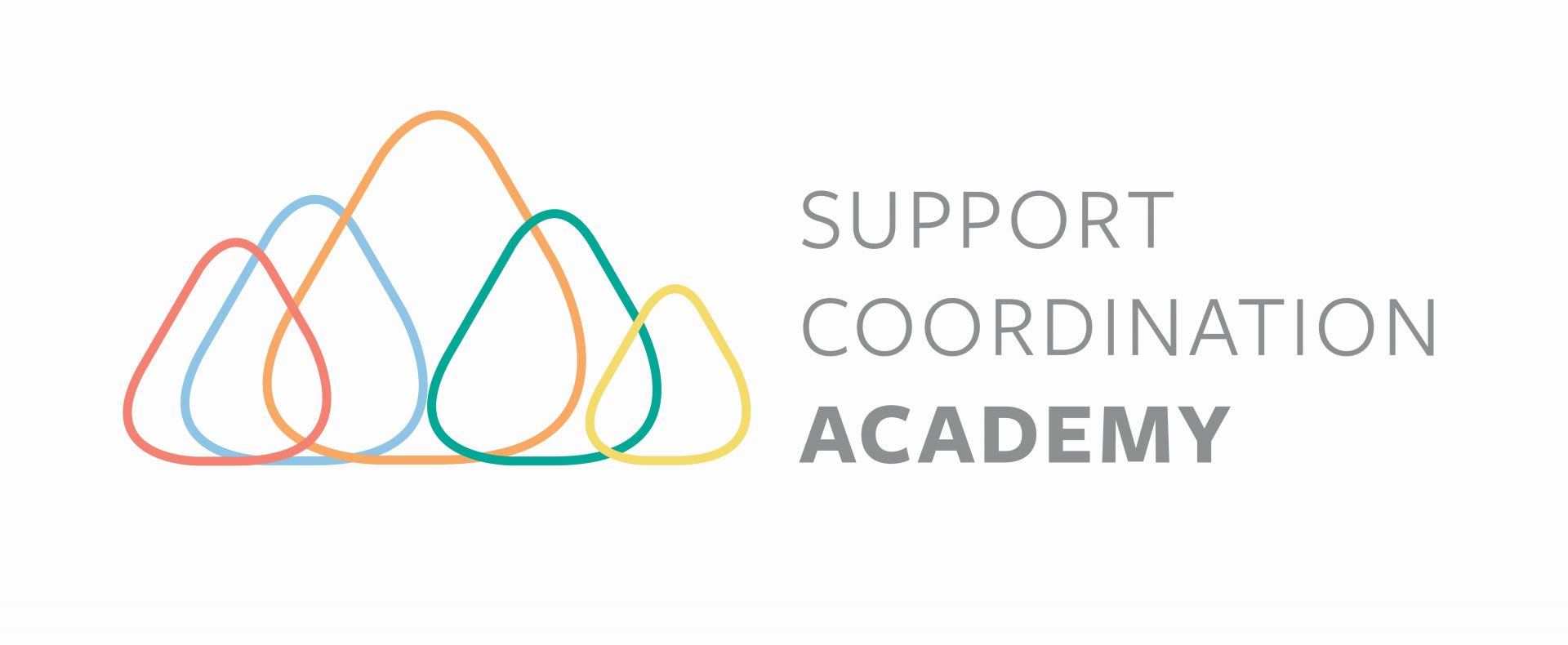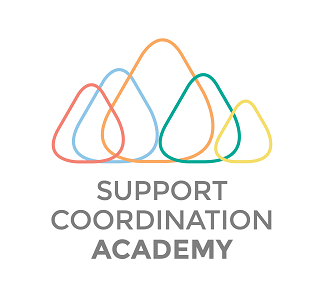NDIS Participant Satisfaction Survey
Maintaining high participant satisfaction is an important and dynamic process for Support Coordinators. Requiring a deep understanding of each participant’s unique needs, the ability to build trust, and a commitment to continuous improvement, which consistently leads to better outcomes.
Not just for participants but for everyone
involved, including you as a Support Coordinator.
High satisfaction levels indicate that
participants feel heard, supported, and empowered to achieve their goals. On
the other hand, low satisfaction can signal issues that need immediate
attention, potentially affecting the participant’s overall experience with the
NDIS.
In an environment where the media often
highlights the challenges and shortcomings of the NDIS, it’s crucial to
remember the power of positive impact.
NDIS Participant Satisfaction Survey
One of the most structured and insightful
ways to collect feedback for the NDIS from participants is through the NDIS Participant Satisfaction Survey. This survey is designed
to capture the experiences of people interacting with the NDIS, including
participants, their families, and carers. The survey is a critical tool for
understanding how well the NDIS is meeting the needs of those it supports.
Why is this survey so important?
- Holistic Feedback: The survey asks participants to reflect on their entire
experience, from initial contact through to plan implementation and review.
This comprehensive approach ensures that all aspects of the participant’s
journey are considered.
- Guided Improvement: By encouraging participants to complete the survey, you’re not
only gathering valuable feedback but also contributing to the continuous
improvement of the NDIS. The insights gathered from the survey are used to
inform changes and improvements in how services are delivered.
- Actionable Insights: The questions are designed to elicit detailed responses about specific
areas such as communication, respect, and clarity of information. This helps
identify exactly where improvements can be made, making the feedback
actionable.
Encouraging your participants to complete
the survey is crucial. It gives them a voice and ensures that their
experiences—both positive and negative—are heard. It’s also a way for you to
show that their opinions matter and that you are committed to using their
feedback to improve the services you provide.
At the Support Coordination
Academy, continuous
improvement is an important theme throughout our Support
Coordination Training. Our specialised workshops equip Support Coordinators
with the skills to create a feedback loop that continuously enhances
participant satisfaction and service quality.
Best Practices for Maintaining High Participant Satisfaction
Maximising participant satisfaction is not
just about doing your job; it’s about doing it with purpose and passion to
support people with disability to live their best lives.
Trust and open communication are the
cornerstones of participant satisfaction. When participants trust their Support
Coordinator, they are more likely to share their concerns, ask for help, and
engage fully with the process of implementing and managing their NDIS Plan.
- The Role of Trust: Trust is built over time through reliability, transparency, and
genuine care. As a Support Coordinator, consistently following through on
commitments, being honest about what can be achieved, and setting clear
professional boundaries, helps to foster trust.
- Open Communication: Regular, clear communication is vital. Make it a habit to check in
with participants frequently, not just when there’s a problem. This keeps the
lines of communication open and shows participants that you are always
available to support them.
Top tips for maximising participant satisfaction for Support Coordinators: - Timely Follow-ups: After significant interactions or changes to a participant’s plan,
follow up promptly to ensure they are satisfied with the outcome. This shows
that you care about their experience and are committed to making things right
if issues arise.
- Be Proactive: Anticipate
potential issues before they arise. Regularly review support plans and
participant feedback to identify areas that might need adjustment. By
addressing concerns early, you can prevent dissatisfaction and ensure that the
participant feels supported.
- Empower Participants: Encourage participants to take an active role in their support
planning. Provide them with the information and tools they need to make
informed decisions about their care. Empowering participants fosters a sense of
ownership and control over their lives, leading to higher satisfaction.
- Building a Supportive
Network: Encourage participants to build strong
connections with their community and support networks. Facilitating these
connections can enhance their sense of belonging and improve their overall
satisfaction with the NDIS.
- Celebrating Achievements: Recognise and celebrate the participant’s milestones and
achievements, no matter how small. Celebrating progress not only boosts their
morale but also reinforces your commitment to their success.
- Cultural Sensitivity: Be
mindful of the cultural backgrounds of your participants. Tailor your
communication and support strategies to respect their cultural values and
practices. Cultural sensitivity is key to building trust and ensuring that
participants feel respected and understood.
By implementing these best practices,
Support Coordinators can significantly enhance participant satisfaction,
leading to better outcomes and stronger, more positive relationships with the
people they support.
Maximising participant satisfaction is a
continuous journey. Equip yourself with the right tools and knowledge by
enrolling in our specialised Support Coordination Training today.
Whether you’re looking to improve your
communication strategies, refine your support plans, or simply keep your skills
sharp, Support Coordination Academy has the tools you need for success.


